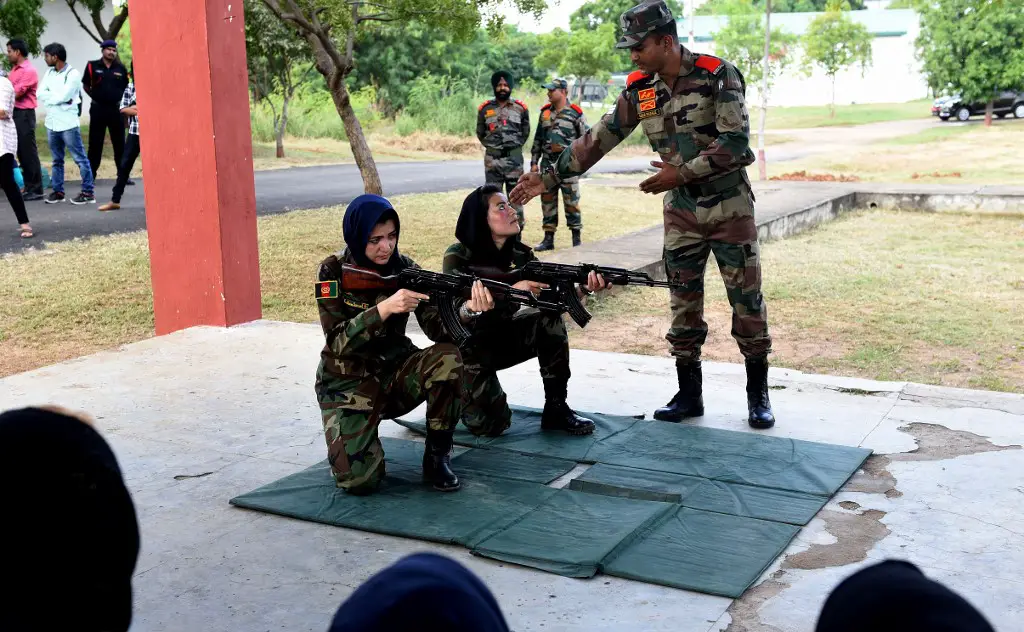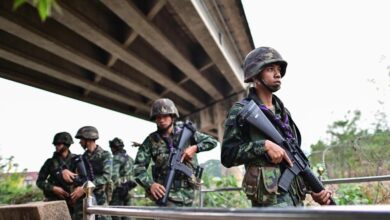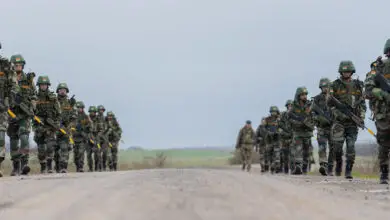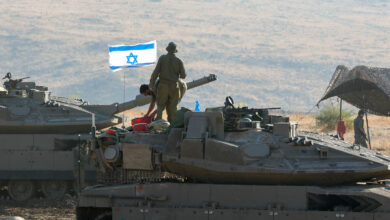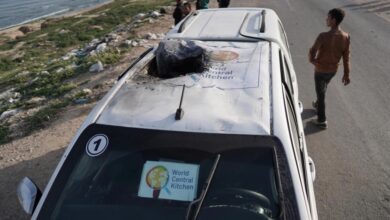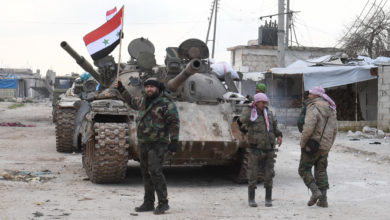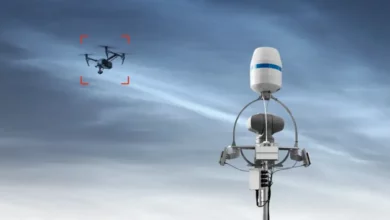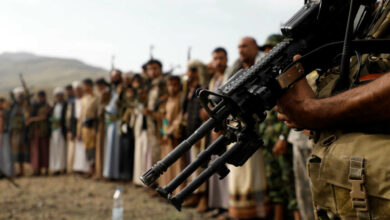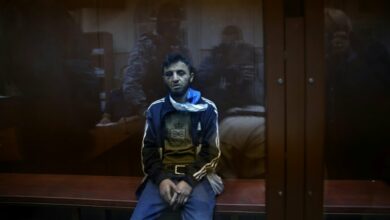Afghan Military Cadets in India Ponder a Bleak Future
NEW DELHI, INDIA – Mer Muisallah’s voice quivers as he talks about his family back in Afghanistan. The 24-year-old army officer completed his military training at the Indian Military Academy late last year.
Muisallah’s training was part of India’s flagship training and external development assistance program for foreign countries. Since the program started in 1964, Afghanistan has been its biggest benefactor.
But with nowhere else to go since the Taliban took over Afghanistan, Muisallah and his 79 colleagues now contemplate an uncertain future.
Short-Term Relief
“After we completed our training, we had no clue what to do or where to go next,” Muisallah told The Defense Post.
“For days we roamed around in Delhi, with no financial assistance and no home, all of us were in a hand-to-mouth situation which led to many of us protesting outside the Ministry of Defence,” he said.
Muisallah and his colleagues have now been offered a 12-month training course.
However, having left his family back in Kabul, he says this is only short-term relief. Once the course is over, he will have no place to return.
With several reports of the detention and killing of Afghan National Defence and Security Forces, he knows that he would be putting his own life and that of his family at risk.
“There is no way that I can step into my homeland without risking my life and my loved ones,” he said. “The Taliban are particularly targeting army and security officials, and there have been several reports of disappearances and tortures, especially of those who were trained internationally.”
Muisallah added that his brother worked with the US Army and currently resides in Turkey. “Due to this, my family has had to move places every week or two,” he said.
Afghanistan’s Deteriorating Situation
A Human Rights Watch report from November last year revealed that the Taliban had “summarily executed or forcibly disappeared” more than 100 former police and intelligence officers in just four provinces since taking over the country on August 15.
The UN Assistance Mission in Afghanistan confirmed that the Taliban were particularly targeting former Afghan government officials, security officers, and those who worked with international military forces.

The latest UN report from Afghanistan since the Taliban took over stated that “the human rights situation for many Afghans is of profound concern” as there have been at least 397 civilian killings.
It also pointed at the grave human rights situation where Afghans face humanitarian and economic crises. “More than half the population now suffer extreme levels of hunger. An increase in child labor, child marriage, and the sale of children has been observed,” it said.
For now, Muisallah is thankful for the Indian government’s initiative to allow him and his colleagues to study English and Computers, which will help them remain in India for another year.
But despite his training, Muisallah feels pain for not being able to defend his country against the Taliban and help his people when they needed it the most.
Anxious Days, Sleepless Nights
The country is now in a deep financial crisis with the suspension of non-humanitarian aid. Even though humanitarian transactions have been allowed, over nine million Afghans, including five million children, are at risk of famine.
These developments from home have led to sleepless nights and anxious days for the Afghan cadets in India.
While the Indian government has arranged for psychological counseling and therapy — and the course routine keeps them busy for most of the day — Muisallah said that he had not slept properly in months thinking about his home and family.
In a statement released last month, the Afghan Embassy, now run by only a handful of officials, thanked the Indian government for the gesture. It confirmed that their course commenced on February 7, and the officers will be given accommodation and a monthly allowance.
“Given the challenges and uncertainty facing these freshly graduated young cadets due to the prevailing situation back home, the Embassy of the Islamic Republic of Afghanistan in India welcomes and applauds this generous move by the Indian government,” it said.
India under its ITEC program to train 80 Afghan Cadets who graduated from Indian military academies, says Afghan embassy in a statement pic.twitter.com/JKXtd43VFx
— Sidhant Sibal (@sidhant) February 4, 2022
Uncertain Future
Echoing his feelings, Muisallah’s friend and colleague Lt. Ali Parsa reminisces about the time he came to India with hope and excitement to train and go back to defend his country. However, considering the situation, he is not even sure if he will get to see his family any time soon.
“It is mentally exhausting to think about my loved ones stuck in such a horrible situation,” he told The Defense Post.
“When the Taliban took over, everyone lost their jobs. My family has been struggling financially, their economic situation is bad, and to top it, they fear for their lives every day. Thinking about the fact that I could risk their lives even more stresses me out,” said Parsa, who is now gaining technical knowledge at a top university in North India.
Staring at an uncertain future, both Parsa and Muisallah ask for support from organizations to help them with visas for further studies while continuing to hope the situation in Afghanistan changes so they can return home.

